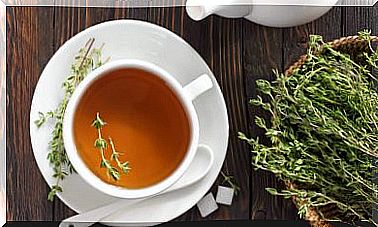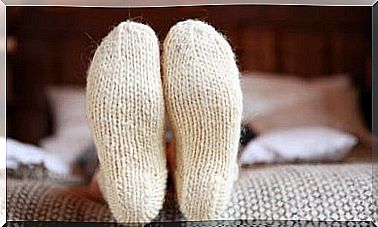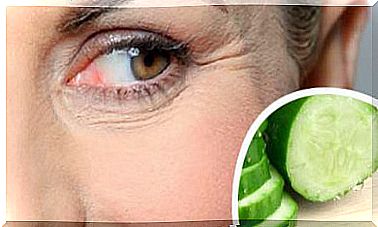5 Relaxing And Aromatic Baths
To further enhance the effects of the relaxing bath, we can finish it with a cold shower and then dry off energetically and thus recover the heat.
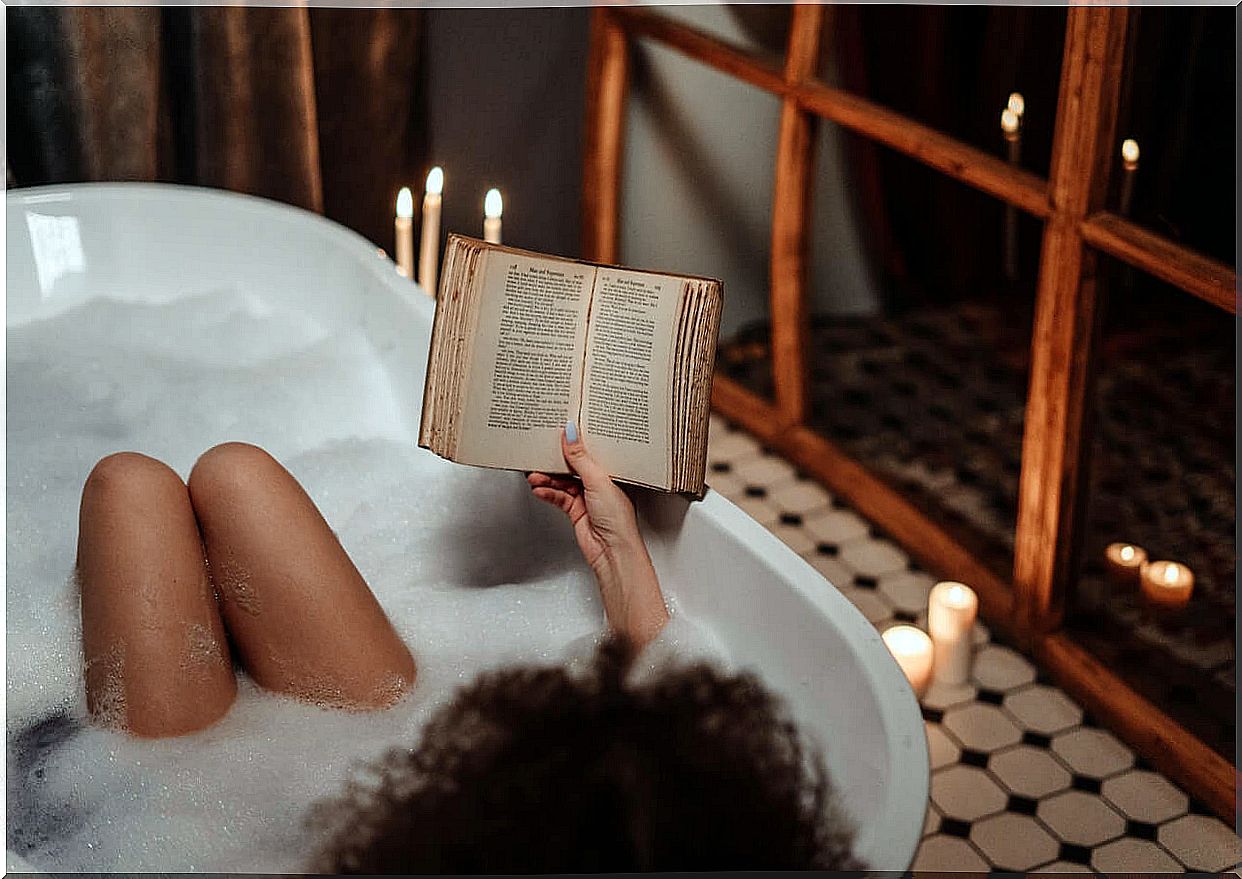
In the rush we are putting aside the bathtubs to replace them with showers, but the truth is that the former offer us a great difference: their therapeutic function. For example, taking relaxing baths would be much more than a matter of hygiene. It can become a ritual to relax the body after the stress of the day.
Below we will explain the many benefits of a good relaxing bath, different ways to prepare it to multiply its effects, some original proposals and some general advice.
The bath will always be done with hot water, but always bearable. This is done to enhance the aromas and benefits of the ingredients we use.
Health benefits
A study published in Evidence-Based Complementary and Alternative Medicine compared the potential benefits of a shower with those of a 40 ° C bath in the Japanese population. The results in relation to fatigue, stress, pain, skin conditions and mood were better in those who bathed. In general, a soaking bath could help:
- Release tension (physical and mental)
- Treat insomnia
- Relieve muscle and joint pain
- Mitigate inflammations
- Revitalize the body
- Improve respiratory problems
- Regulate excess sweating
5 relaxing baths
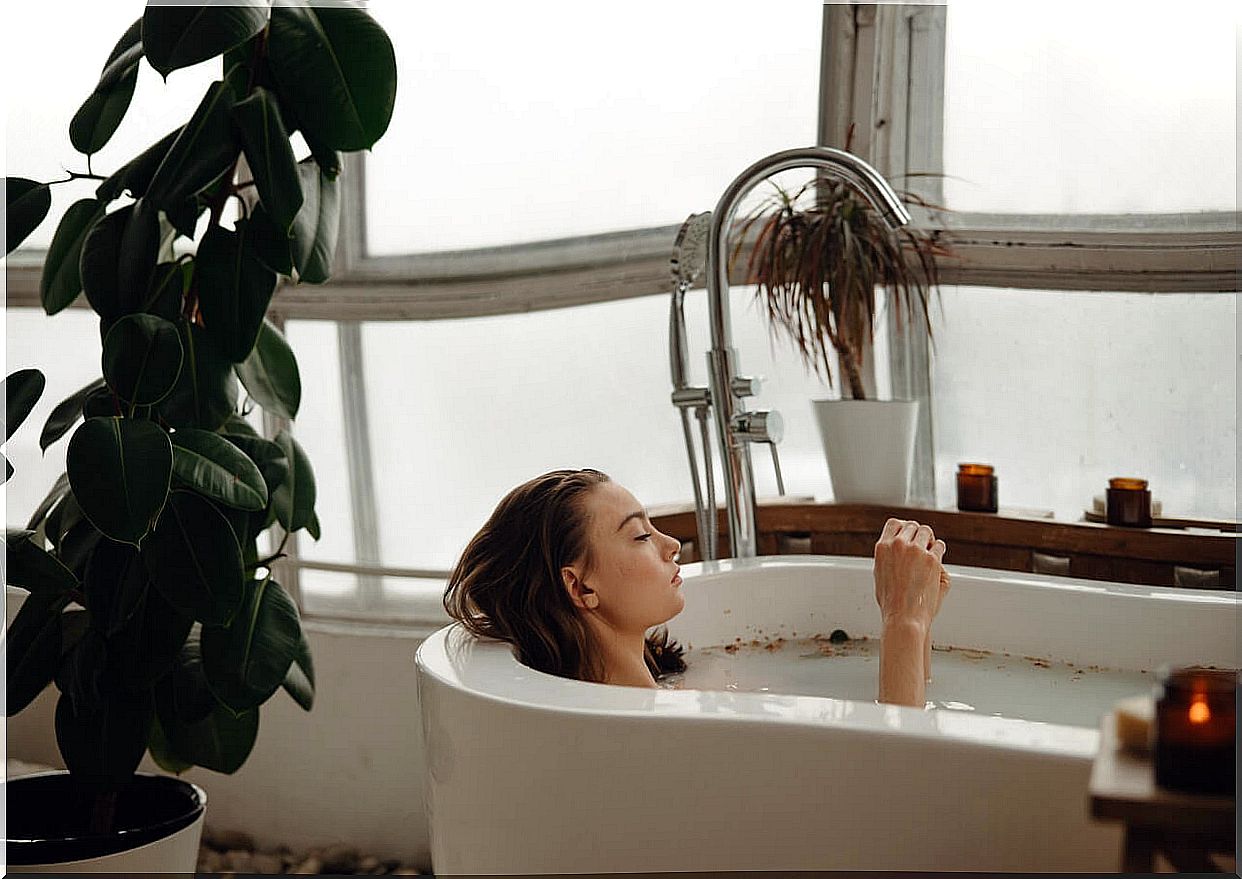
1. Romantic rose bath
This bath is very easy to prepare and yet it is an ideal option to surprise the couple or give it to ourselves. To prepare it, we will only need fresh rose petals and rose essential oil.
In addition to its delicious aroma, several studies suggest that this oil would have properties to combat depressive and nervous states, anxiety and insomnia.
We will add 20 or 30 drops of this oil to the hot water. Next, we will cover the water with the rose petals. The result is spectacular, especially if we decorate the bathroom with pink candles.
2. Relaxing magnesium and lavender bath
This bath is considered highly relaxing due to the anxiolytic, sedative, analgesic and mood stabilizing effects of lavender oil, which are indicated by different studies. Magnesium is also credited with relaxing and invigorating properties.
The proposal would be interesting, then, for people who suffer from states of nervousness or anxiety, muscle problems, pain, insomnia, and so on.
To the bath water we will add 100 grams of magnesium sulfate powder, sold in pharmacies, and 20 or 30 drops of lavender essential oil. If we do not have this oil, you can use a liter of lavender flower infusion.
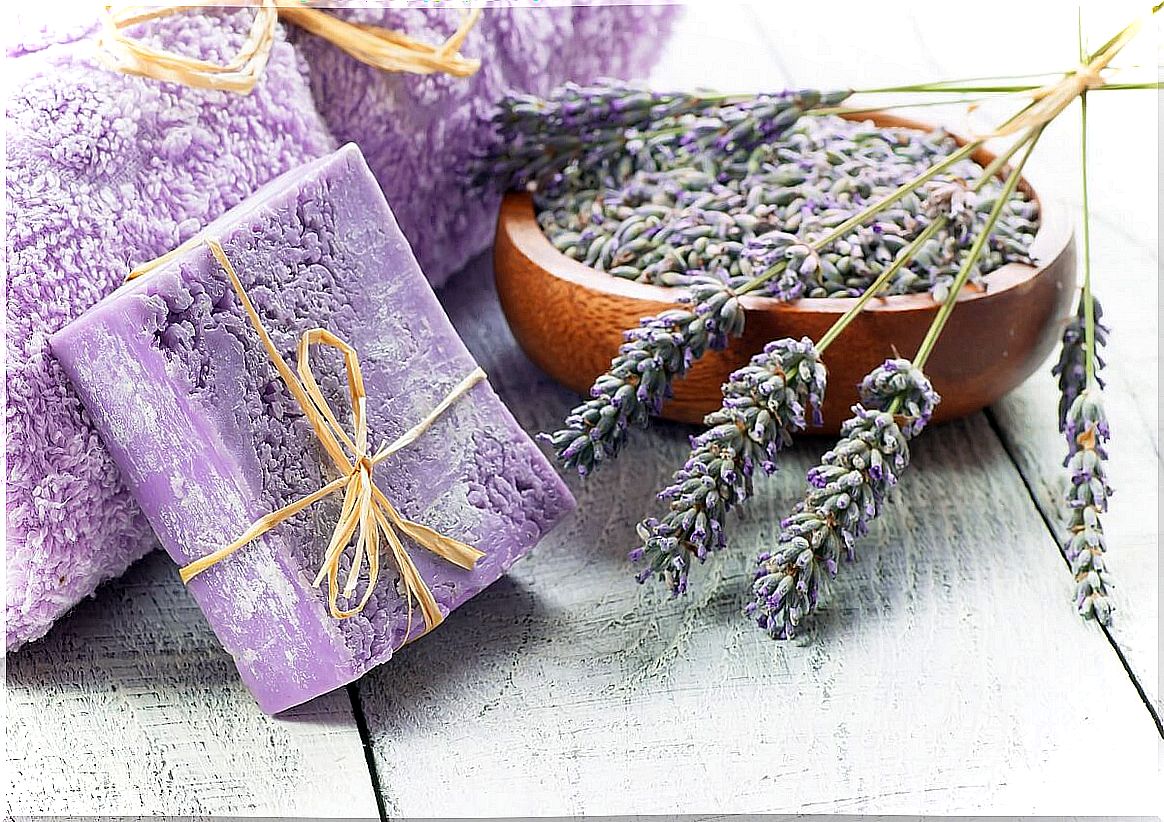
3. Anti-inflammatory liquorice bath
Licorice, thanks to its anti-inflammatory properties, similar to those of cortisone, would offer us another alternative for cases of pain or skin problems.
For example, an animal study indicates that it could alleviate the symptoms of psoriasis and eczema due to its content of glabridin, a substance that would help reduce inflammation in the skin. More studies are necessary to obtain conclusive data applicable to the human being.
To prepare it, we will boil a liter of water with four small tablespoons of root powder or 3 or 4 root trunks. If it is in powder, it will be enough to boil 5 or 10 minutes. However, if we have used the logs, we will leave it for 15 to 20 minutes to extract its principles well. Finally, we will strain the resulting liquid and add it to the bath water.
4. Baking soda and lemon bath
This option within the relaxing baths can be interesting if you have suffered in recent times skin problems, itching, infections, fungi, excessive sweating or any disease.
The pH of the bicarbonate would help control odors and relieve insect itching, according to WebMD data. Although it is supposed that it could improve the smoothness of the skin, there is no data to support this claim.
For its part, lemon has antimicrobial properties that could alleviate the symptoms of fungi and infections. However, more research is needed.
For its preparation, in this case we will put 3 tablespoons of sodium bicarbonate, 15 drops of lemon essential oil and 10 drops of tea tree essential oil. If we do not have lemon essential oil, we can beat two chopped lemons with their skin and add them directly to the bathtub.
We incorporate the essential oil of tea tree to this bath since it is attributed beneficial effects to alleviate the symptoms of athlete’s foot, skin fungus and mild to moderate acne.
5. Expectorant bath
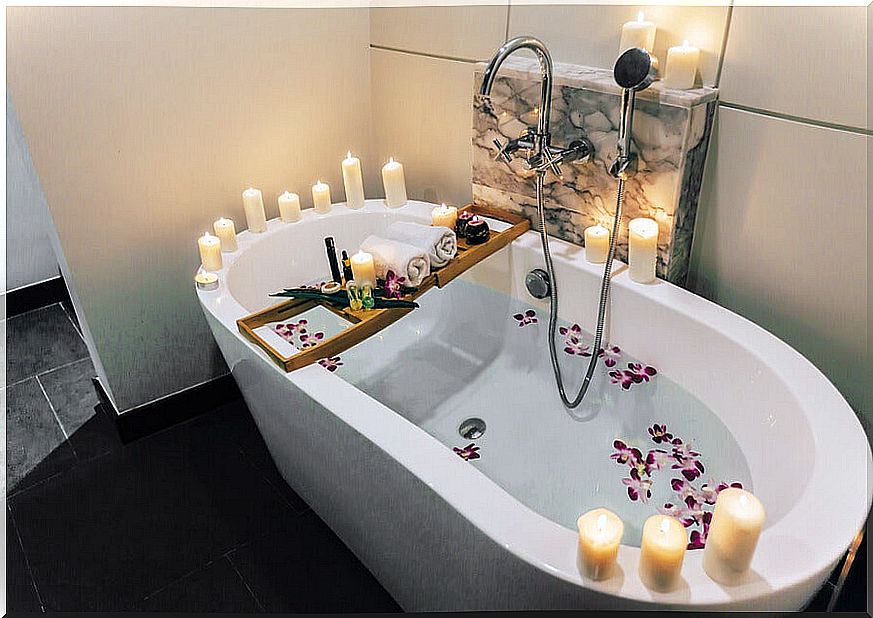
We often suffer from bronchial and lung problems that could be relieved by the vapors from this hot water bath due to the expectorant properties attributed to eucalyptus, pine, rosemary, and thyme.
In this case, in a pot we will boil two liters of water with the leaves of one of these plants. Once we have the decoction prepared we will add it to the bathroom. If we wish, we can put the plants in a closed cotton bag and add them to the bathtub. It is recommended that while we bathe we take deep breaths.
Read: Tips for giving relaxing massages
General advice
- It is advisable to turn off the bathroom light and replace it with candles instead. We can also accompany the bath with relaxing music.
- The bath should not last more than 30 or 40 minutes, since then it could weaken us too much.
- It is even more beneficial if after bathing we take a shower in very cold water, to later dry ourselves well with the towel until the body warms up again.
- We can complete the ritual by applying a relaxing oil or cream, since the pores of the skin will be wide open and the hydration will be greater.
- We recommend doing the relaxing baths at the end of the day, and not in the morning.
